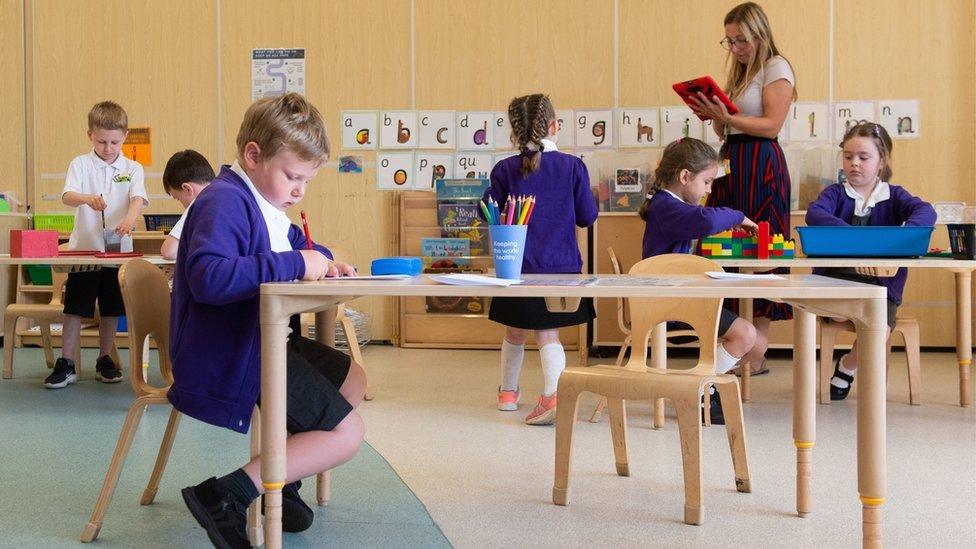Covid: 'Xbox and PlayStation home-learning' for some pupils
- Published
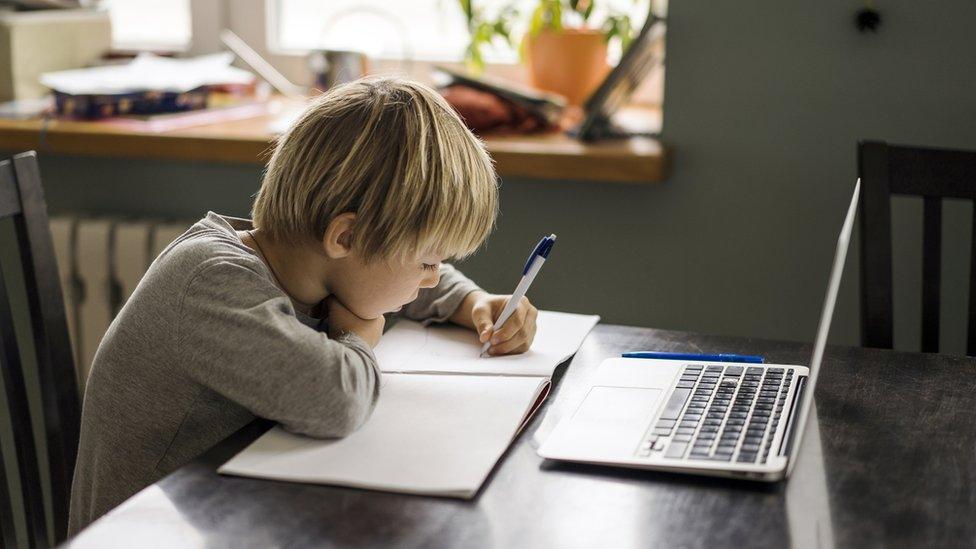
One Newport school said under a Welsh Government scheme it received six laptops to share between 160 pupils
School children are home-learning on games consoles and mobile phones, teachers have said, despite a Welsh Government pledge none would be "left behind" during the pandemic.
It provided £3m for laptops and wifi devices in April, but some pupils still do not have equipment.
Plaid Cymru questioned why there was no nationwide register of digitally-excluded learners.
The Welsh Government said it had supplied thousands of devices.
Some schools in Newport are relying on a "Donate IT" appeal to provide hundreds of required laptops and kit.
In April, Education Minister Kirsty Williams pledged an extra £3m for computers so pupils could work from home.
She said it was her priority that "no child or family is left behind during this crisis and all children have the opportunity to continue learning".
And in June, the Welsh Government said pupils "should now be in receipt of the required device and connectivity".
But not everyone is.
Maggie Bain, a governor at Newport's Lliswerry Primary School, said some devices had been provided, but added: "I don't think it's met the level of need that's out there."
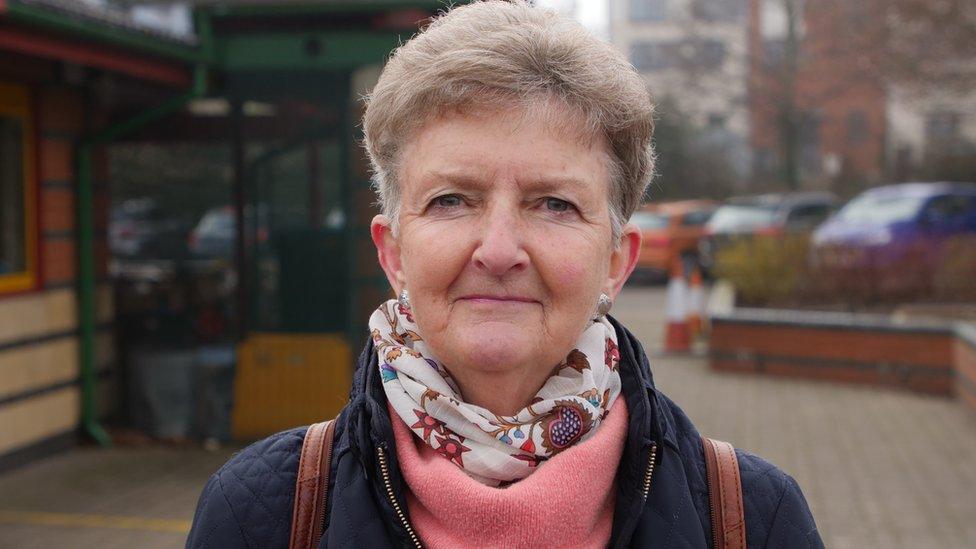
School governor Maggie Bain said the Welsh Government needed to take the matter "more seriously"
Lliswerry Primary School deputy head, Lisa Peterson, said: "A lot of children have Xboxes or PlayStations but they weren't suitable for home learning.
"A significant number have phones, but again that's not an appropriate device," she added.
Ms Peterson said the school received six laptops to share between 160 pupils as part of the Welsh Government scheme.
She said: "The project identified far more children that needed devices than were available."
Computers were now as crucial as a "pen, a pencil and a piece of paper," she said.
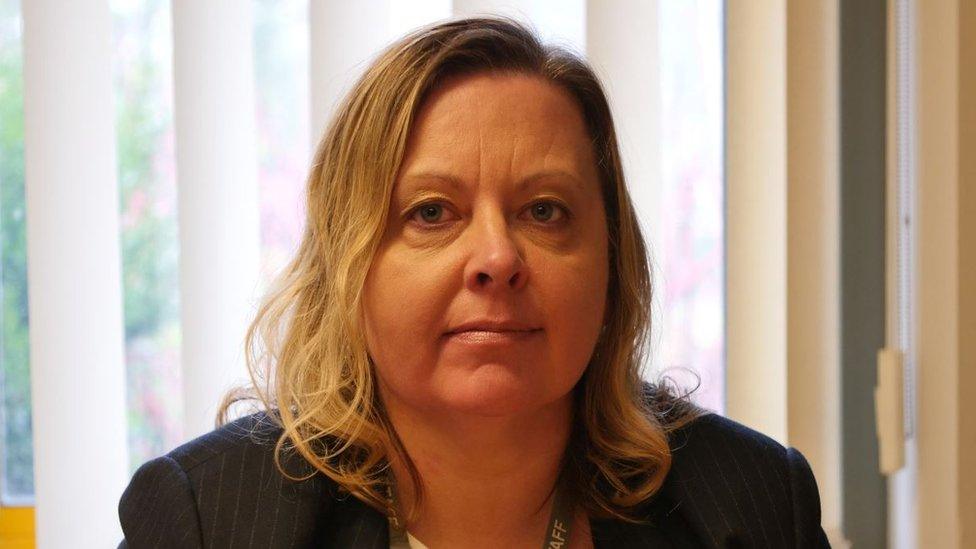
"Far more children needed devices than were available," says Lliswerry Primary's deputy head Lisa Peterson
Senior staff at Maindee Primary School in Newport said a "very small minority" of children - "less than a handful in each class" - had been able to access "good home-learning opportunities throughout the whole of lockdown".
Maindee Primary School headteacher, Jo Cueto, said: "We estimated around 160 devices were needed to be able to ensure that all children, all families, were able to access home-learning.
"That would not be a device per child, [but] a device per family, so sometimes there may be three or four children using that device."
The school had invested in some equipment, but was "still probably in need of around 120 devices".
"Unfortunately, I don't think there's enough money to plug the gaps," Mrs Cueto said.
Both Maindee and Lliswerry are relying on local charities to provide the hundreds of laptops they need.
More than 2,500 digitally-excluded pupils were identified across Newport, with the council loaning 1,300 wifi devices and 800 other devices, including laptops.
Upsetting
Llamau, a charity that supports homeless young people, women and children across Wales, said it has been helping families struggling to access online learning throughout the pandemic.
A young mum of two, who lost her job because of the pandemic, was forced to sell her mobile phone and her children's tablets to help make ends meet.
Sharon - not her real name - had to call the children's school and arrange for their work to be sent in the post, which she found very upsetting.
The charity has since secured funding that allows the family to have six months of free broadband and another that secured tablets for the children.
How many devices have the Welsh Government paid for?
The Welsh Government said it had funded 10,848 wifi devices and 9,717 software licences across Wales.
And in April, it said replacement kit would be funded by its digital education programme, Hwb.
An Education Policy Institute report found Wales' attempt to address the lack of access to online learning was "commendable".
It said: "The Welsh Government was able to draw on well-established infrastructure, allowing them to act quickly."
But opposition politicians questioned whether ministers had a "clear picture" of the scale of digital poverty in Wales.
The Welsh Government said there was no single, nationwide register of digitally-excluded learners and that "schools and local authorities are best placed to support their learners".
It is the responsibility of councils to issue devices and manage internet connections.
However, Plaid Cymru is calling for a centralised "audit" by the Welsh Government to improve "monitoring and measurement of digital poverty".
Its education spokeswoman, Siân Gwenllian, said: "Having this audit is just the first step, but it's essential, because then you can actually see the extent of the problem and know where to target support".
She said there was no "clear picture of the extent of the digital divide and digital poverty in Wales".
"The picture painted by government isn't really consistent with what we are hearing on the ground," she said.
The Welsh Government said it had provided guidance to help councils and schools ensure children who cannot attend school because of Covid-19 can continue learning.
A spokesman said: "Since September, teachers across Wales have created over 30,000 digital classrooms through Hwb, which exceeds the total amount created for the whole of the previous academic year.
"Through these digital classrooms, teachers are delivering a range of blended learning activities, which also support learners who are isolating at home."
Related topics
- Published23 November 2020
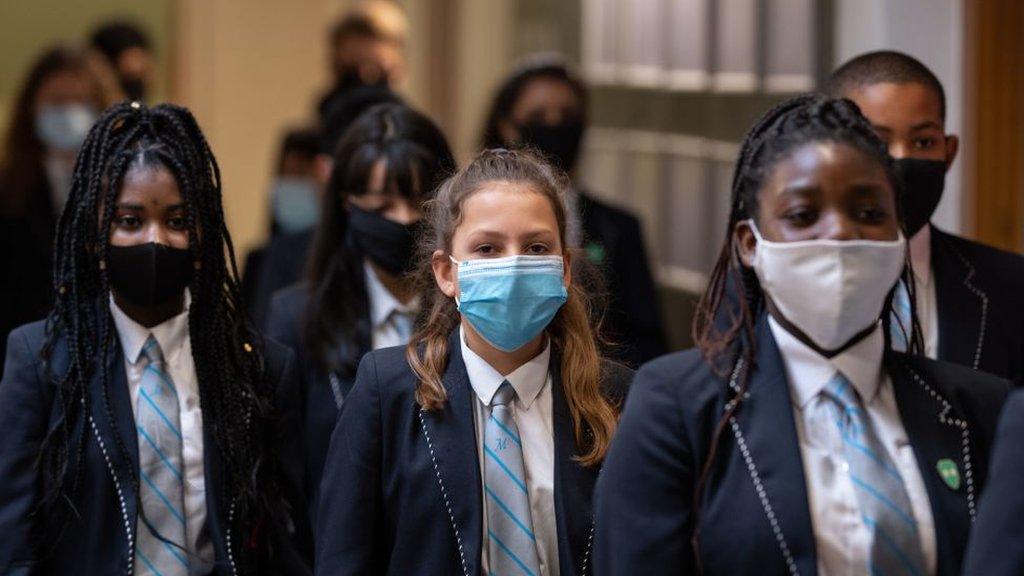
- Published9 October 2020
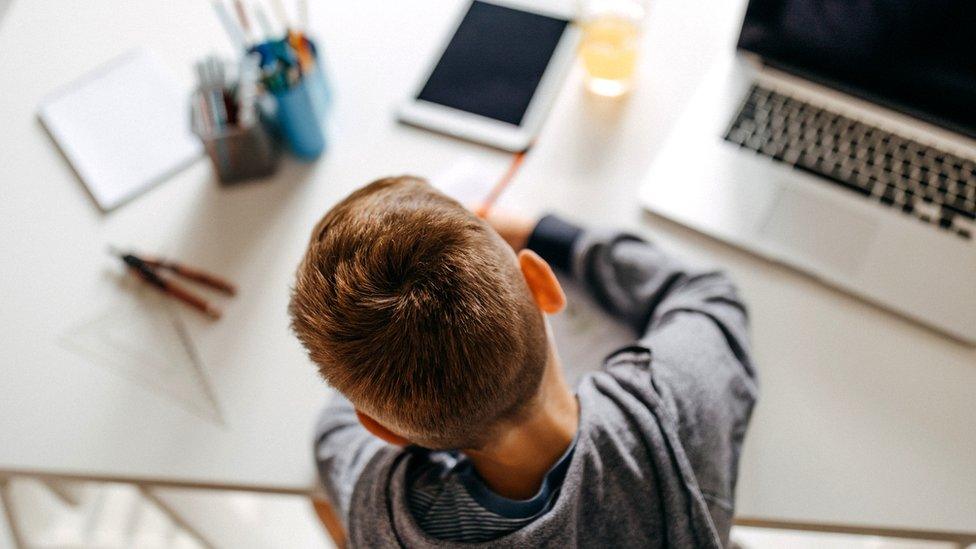
- Published30 April 2020
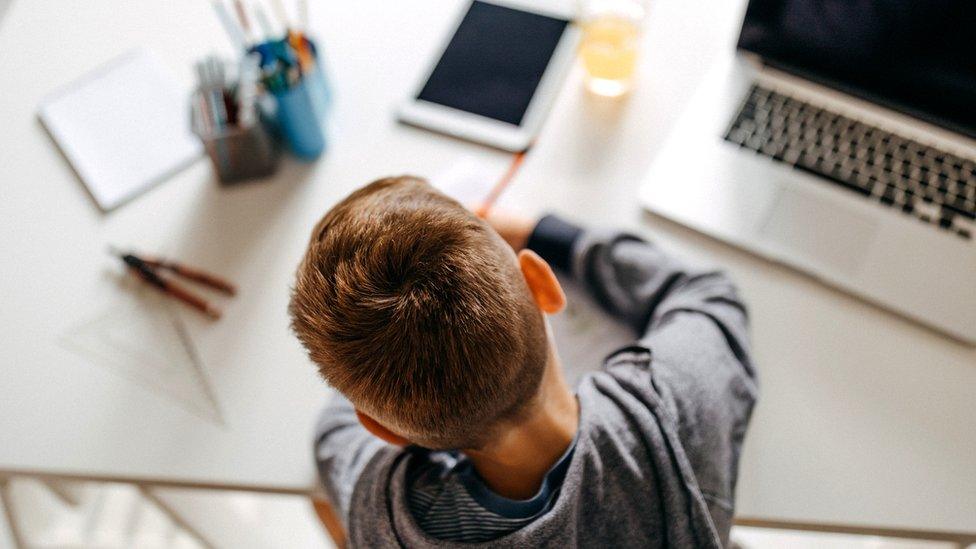
- Published29 October 2020
